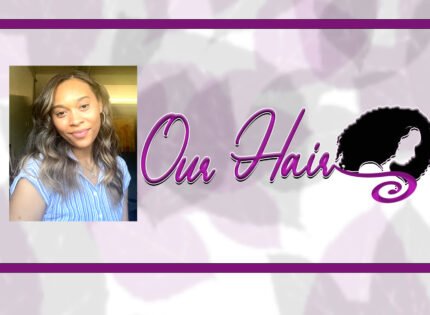 Whether it is a student loan or a having a large balance remaining on your credit card, everyone hates to be in debt. Not only do you have to be obligated to pay back the sum of money with interest, you have a finite amount of time to fulfill the responsibility. Without a method to control the level of debt that you are in, getting out from the financial responsibility will remain an ongoing challenge which will lead to future consequences.
Whether it is a student loan or a having a large balance remaining on your credit card, everyone hates to be in debt. Not only do you have to be obligated to pay back the sum of money with interest, you have a finite amount of time to fulfill the responsibility. Without a method to control the level of debt that you are in, getting out from the financial responsibility will remain an ongoing challenge which will lead to future consequences.
To avoid such a challenge, there are practical strategies that you can use to control your debt and find ways to plan for a healthier financial future. Below are six strategies which you may apply for your particular situation.
1. Identify The Source and Use of Debt
The first step to better manage debt is to know who are in debt to and the way it is used. If the debt is incurred for the long term (for example: mortgage or school loan) then you will have less wiggle room to manage it versus credit card debt. Credit card debt can be managed in a variety of ways, primarily by stopping use of the card. Using the card to finance a new wardrobe will not help improve the level of debt that you are attempting to deal with in the short and long term.
2. Create Your Budget
Using a budget will help you get control of your debt. The budget will allow you to see where your money is coming from and going to on a monthly basis. When creating your budget, be sure to list the creditors that you owe money and how much. Upon looking at your budget, you may decide to make changes to allocate more money to pay down more of your debt. For example, if you notice that you are spending too much on leisure activities, you may want to take a percentage of that amount and dedicated to a mortgage or credit card payment.
3. Pay More Than The Minimum
One of the major obstacles that individuals have regarding debt is making the payment of the appropriate amount of cash. By just paying the minimum amount each time payment is due prolongs the challenge of getting out of debt. As a result, you should attempt to pay more than the minimum to avoid higher interest payments. Here is something to keep in mind if you consider just making minimum payments for credit card charges: If charge $1000 to your VISA card and select to only pay the minimum of $30 at an interest rate of 19.99%, it will lead to be in debt for the next four years with total debt of $1432.90 assuming that are no other charges made to your card. (Note: The same principle applies to mortgage in which if you select to pay more than the minimum, the faster complete ownership is transferred to you.)
4. Automate Your Payments
If you have a steady flow of income going into your bank account, consider automating your debt payments. This will help you to be discipline when due dates arrive and save your time by not having to go to bank to make payments.
5. Negotiate A Lower Interest Rate
The majority of the difficulties that individuals have with debt are attached to interest rates. Even though interest rates can remain fixed for a certain period time, they can drain your bank account due to your outstanding balances. Some lenders can be flexible and open to negotiating lower interest rate under specific circumstances. It is important that you are making every attempt to pay your debt. Lenders will not negotiate with individuals that are deeply in debt and show little effort to pay creditors.
6. Become A Smarter Consumer
Since personal debt is linked to consumption, your buying behaviour will have to change to aid in controlling your level of debt. Elements of buying behaviour that you may have to modify are impulse buying, using credit when you do not have the cash in the bank to pay for the items, seeking out bargains and buying pre-used items instead of brand new items. By becoming a smarter consumer, you will notice how less dependent you are on using debt on a regular basis.
Living with debt is a fact of life that can be very unpleasant for individuals that cannot manage it properly. To begin getting your debt under control, it is important to identify the right elements of a plan that will help you become less dependent on financing that you will eventually have to pay back with interest.















